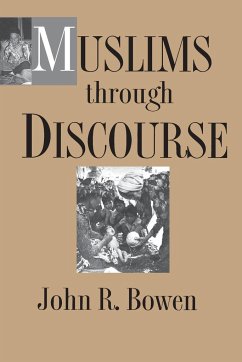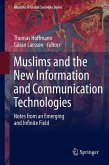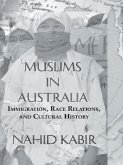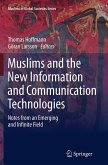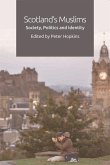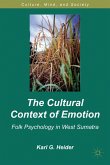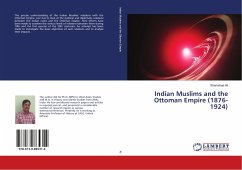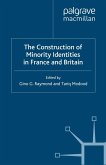In this rich account of a Muslim society in highland Sumatra, Indonesia, John Bowen describes how men and women debate among themselves ideas of what Islam is and should be--as it pertains to all areas of their lives, from work to worship. Whereas many previous anthropological studies have concentrated on the purely local aspects of culture, this book captures and analyzes the tension between the local and universal in everyday life. Current religious differences among the Gayo stem from debates between "traditionalist" and "modernist" scholars that began in the 1930s, and reveal themselves in the ways Gayo discuss and perform worship, sacrifice, healing, and rites of birth and death, all within an Islamic framework. Bowen considers the power these debates accord to language, especially in arguments over spells, rites of farming, hunting, and healing. Moreover, he traces in these debates a general conception of transacting with spirits that has shaped Gayo practices of sacrifice, worship, and aiding the dead. Bowen concludes by examining the development of competing religious ideas in the highlands, the alternative ritual forms and ideas they have pro-mulgated, and the implications of this phenomenon for the emergence of an Islamic public sphere.
Hinweis: Dieser Artikel kann nur an eine deutsche Lieferadresse ausgeliefert werden.
Hinweis: Dieser Artikel kann nur an eine deutsche Lieferadresse ausgeliefert werden.
Bowen's observations that anthropologists, historians of religion, and other scholars of Islam have neglected the study of Islamic ritual practice, and that Indonesianists have for too long neglected the study of Islamic textual traditions, point to significant problems in all of these fields. It is hoped that Bowen's work will inspire Islamicists to pay greater attention to the varieties of Muslim ritual practice and inspire Indonesianists to consider more seriously the importance of the Islamic textual tradition in what is, after all, the world's most populous Muslim society.

